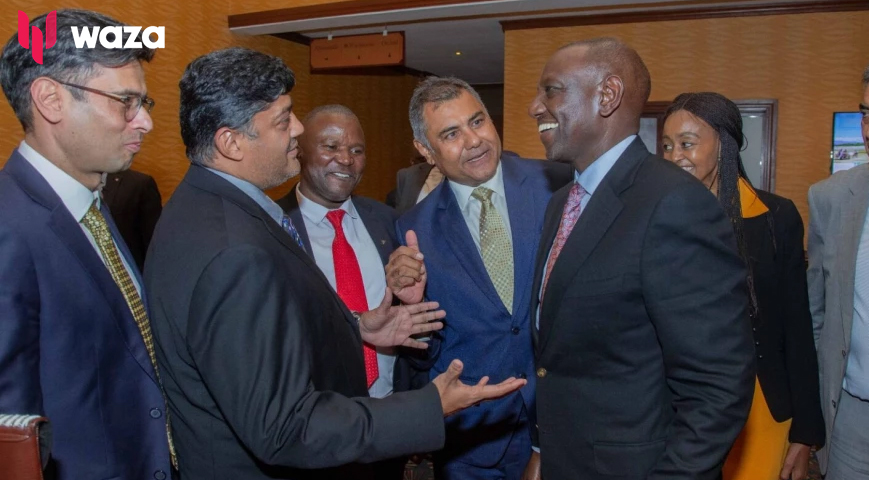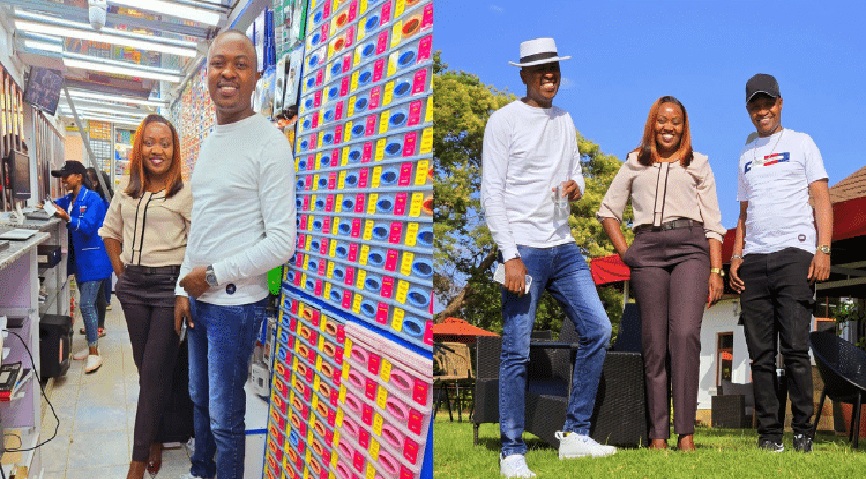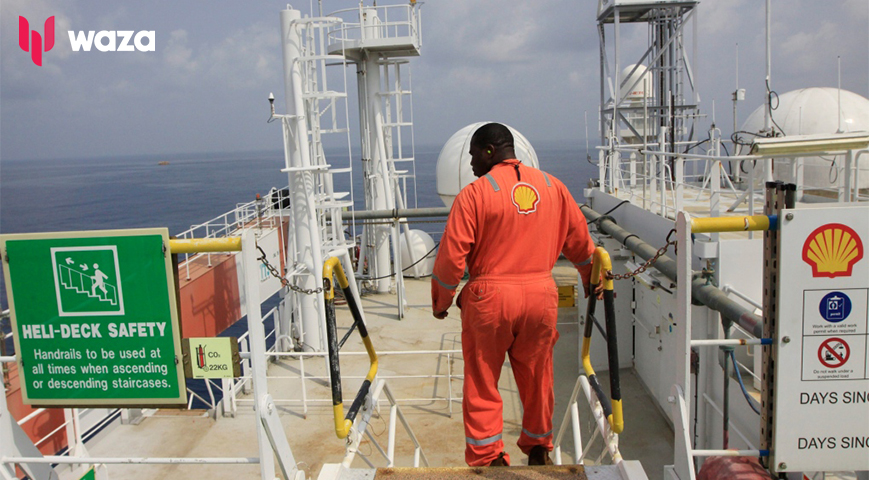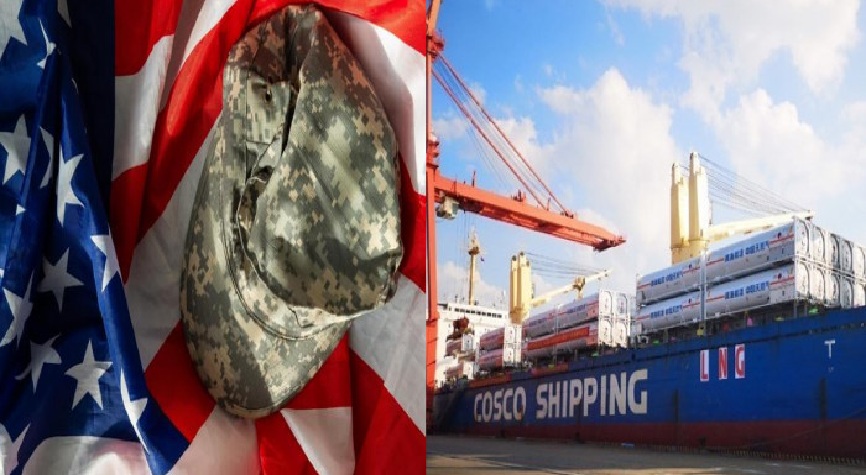The government plans to establish a leather manufacturing company in Naivasha to promote local livestock farming and ensure value addition for their animal products.
President William Ruto announced on Thursday at a goat auction event in Kimalel, Baringo County, that the country would ban leather imports for the next three years to rely solely on the local skin manufacturing industry.
He stated that the move would benefit local farmers and that 5,000 acres of land in Naivasha had already been identified and set aside.
As a result, the president urged all Kenyans to adopt made-in-Kenya products, hinting that his administration may be forced to raise import taxes to compel citizens to buy local items.
Did you read this?
“We are going to promote our own manufactured products. So far, we have finished negotiations to set aside 5,000 acres where we are going to put up large leather industries,” he said.
“After three years, we will not import any shoes from other countries. If somebody cannot buy a shoe made with the skin of a Kenyan cow, they can walk barefoot...no problem. Or we can increase tax so that we collect more revenues.”
According to the president, animal skin used in leather manufacturing is the same, but the price of animal skin in Kenya has decreased due to increased imports and a lack of tannery industries.
“We have to start using our goats to manufacture leather products. We are still importing over 10 million pairs of shoes yearly while our livestock skins continue to lose value…huku ata haina bei,” Ruto stated.

“How can the same skin that is used to manufacture shoes which we buy from Ksh.5,000, Ksh.10,000 and Ksh.20,000 fail to have any monetary value? Does it mean our leather cannot make shoes, handbags or even belts?”
At the same time, the president assured residents of Baringo that his administration was working to increase the value of their animals and products through artificial insemination and the meat industries.
“I have spoken with the Prime Minister of India and have agreed to work together to promote livestock farming. Our PS is in India to discuss how we are going to get better breeds for our cattle,” he said.
“We don’t want you to sell your cattle like this, we want value addition for your animals so that after slaughtering, we sell the meat separately, bones and skins separately.”












